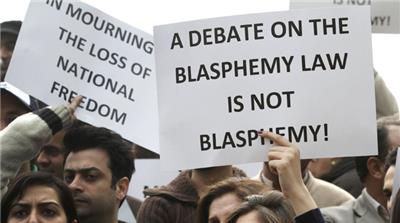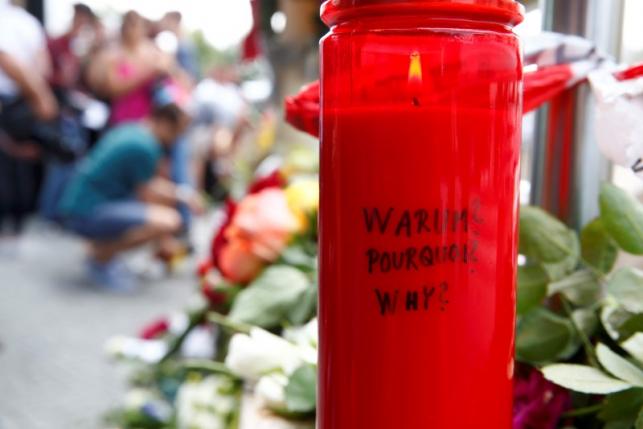By Zohaib Zafar
There is a lot of talk over “Radical Islam.” Some go as far as saying that using this term is the key to fighting ISIL while others refuse to use the term at all. The truth about this term is very simple even if the debate over it has seemed to go nowhere.There is no doubt that ISIL is a group of radical Muslims but we have to evaluate what the term “radical Muslim” really means. Some of the greatest Islamic revivalists of this past century have been radical Muslims. The word radical is defined by Merriam-Webster as “being very far from the center of public opinion.” Mustafa Kemal Ataturk and Mohammad Ali Jinnah were two Muslim men who both strongly advocated for the separation of state and religion in their respective homelands of Turkey and Pakistan but, initially, both were highly unpopular. Indeed, they were radical Muslims who ultimately helped bridge the gap between the West and the Muslim World. There is a countless number of Muslims who are striving to change the status quo for the better and are highly unpopular for various reasons. For example, just recently Hamza Abbasi, a popular Pakistani actor who tried speaking out against the persecution of the Ahmadiyya Muslim Community in Pakistan was literally banned from television. Can you imagine Brad Pitt risking his career and life for the rights of a persecuted minority? That is basically what just happened in Pakistan. Pretty radical.
Although ISIL is condemned by almost everyone Muslim and Non-Muslim alike, it is far more than just a bunch of “radical Muslims.” ISIL is composed of terrorists and violent demagogues who are fundamentalist religious clerics. These clerics are funded by oil rich nations and individuals that want to spread hatred of the West in the name of Islam. For example, recently it was discovered that Zakir Naik, an Indian religious cleric may have inspired one of the terrorists in the Dhaka terrorist attack. The Dhaka terrorist attack was carried out by fundamentalists who had been regularly watching Naik’s programs for years. Naik has been banned from traveling to the United Kingdom as well as Malaysia. When questioned about Osama Bin Laden, he refused to denounce him. If the majority of Muslims are peaceful then why is Naik so successful?
There is no centralized authority in Sunni Islam and Sunni Muslims often even declare one another “non-Muslim” through the practice of Takfir. This points to a fundamental weakness within the Islamic World. There is no unity and the lack of moderate leadership allows the fundamentalism that Naik preaches, as well as rogue terrorist groups such as ISIL, to gain more legitimacy. Perhaps the most that has been done in the Islamic world to combat terrorism has been done by powerful political and religious leaders who command respect through their character alone. No one else comes more to mind than His Holiness, Mirza Masroor Ahmad, the Khalifa of the Ahmadiyya Muslim Community who resides in London and is perhaps one of the most powerful Muslim leaders in the World with tens of millions of followers all around the World. His Holiness is solely a spiritual leader and has no political aims. His Holiness understands that a battle for the hearts is taking place between ISIL and true Islam. In light of this he has visited many bodies of government around the World including Capitol Hill here in America as well as the British Parliament in London where he resides. He represents a form of Islam that is tolerant, peaceful and welcoming to all. He is truly the antithesis of ISIL’s so called caliph.
On the other hand, there is currently no political leader in the Muslim World who is sufficiently fighting ISIL and its ideology. So far, the only person who has stepped up is King Abdullah of Jordan. King Abdullah is a political leader who understands the militaristic challenges that lie ahead with ISIL, however he only has authority of a country that is smaller than the state of Indiana.
These leaders have made significant progress in fighting ISIL and America must work with them rather than against them. We must align ourselves with peaceful Muslims and help defeat ISIL’s narrative of a war between Islam and the West.


